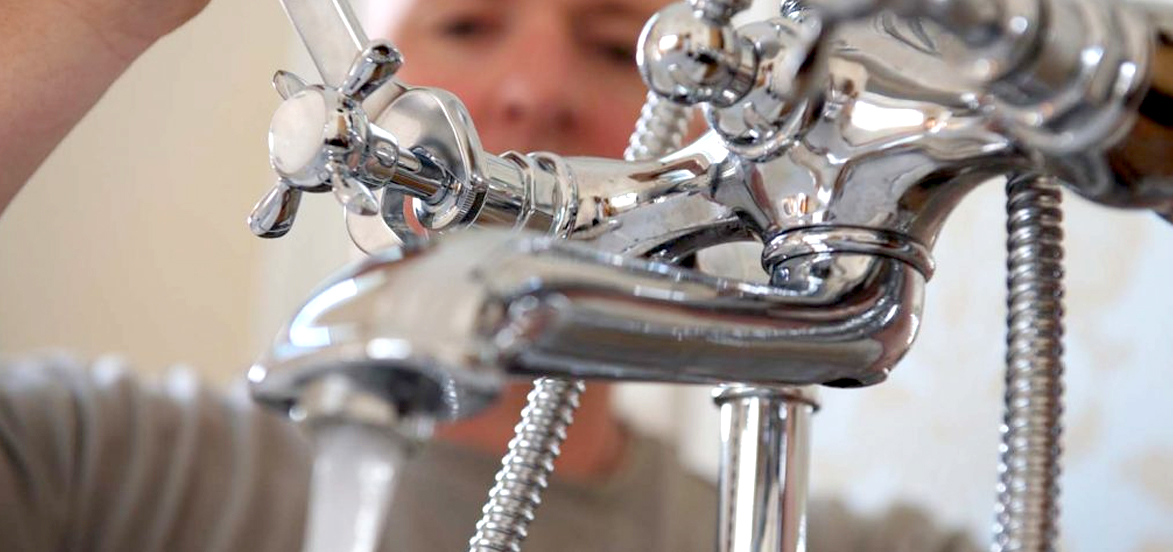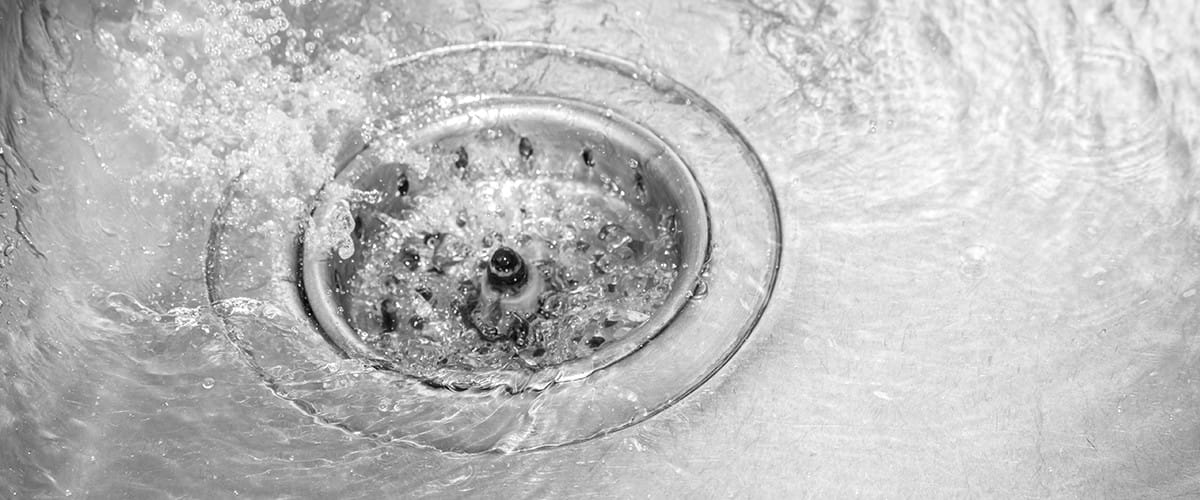5 Persistent Water Leak Factors
5 Persistent Water Leak Factors
Blog Article
How do you actually feel with regards to Where to Find Water Leaks?

"Be careful of little costs. A little leakage will certainly sink a fantastic ship." - Benjamin Franklin.
He couldn't have been much more ideal due to the fact that water leakages in our houses cause a waste of resources, boosting our water bills. Although this boost could appear negligible in the beginning, it can lead to considerable expenditures that can damage your bank. Apart from a boost in expenses, water leakages also cause undesirable organic development, structural damages, and also even electric dangers.
If you have a water leakage isn't always easy due to being incapable to see many of the pipework in your residence, figuring out. If you have had a rise in your water costs lately, noticed water spots on ceilings and wall surfaces, scented lousy odor, etc. You could want to take into consideration requesting plumbing services to get it took a look at.
There are several sources of water leakages, and we have actually compiled the common reasons listed below. Examine to see if you have had related issues in your house just recently.
Damaged pipeline joints
Pipe joints are the parts of our plumbing system where the pipes connect. It is important to note that also though pipelines are made to hold up against stress as well as last for a while, they weren't created to last permanently; as a result, they would weaken over time. A common sign of harmed pipeline joints is excessive noise from taps.
High water stress
You observed your house water pressure is greater than common however after that, why should you care? It runs out your control.
It would be best if you cared because your ordinary water pressure should be 60 Psi (per square inch) and also although your house's plumbing system is designed to hold up against 80 Psi. A boost in water pressure can place a strain on your residence pipes and also result in splits, or even worse, ruptured pipes. Get in touch with a professional about regulating it if you ever before see that your home water pressure is greater than usual.
Rust
As your pipework ages, it gets weaker and much more vulnerable to corrosion after the constant flow of water with them, which can gnaw at pipes and create fractures. A visible indicator of rust in your home plumbing system is discoloration and also although this may be hard to detect as a result of many pipelines hidden away. We encourage doing a frequent check-up every couple of years and alter pipes once they are old to make sure a sound plumbing system
Clogged drains pipes
Food bits, dirt, and also grease can create stopped up drains pipes and obstruct the flow of water in and out of your sink. If undealt with, boosted stress within the seamless gutters can trigger an overflow and also finish up cracking or rupturing pipelines. To prevent stopped up drains pipes in your house, we suggest you to stay clear of pouring particles down the drain and normal cleansing of sinks.
Damaged seals
One more root cause of water leakages in residences is broken seals of home appliances that make use of water, e.g., a dish washer. When such home appliances are installed, seals are installed around water adapters for very easy passage of water through the equipment. A broken seal can create leak of water when in usage.
With little or no expertise of plumbing, comprehending your home's plumbing system adequate to deal with a few of these issues (without effect) can be a hassle. Connect with plumbing specialists in Pittsburgh, Providence, Rochester, and environ today, as well as they'll make those issues vanish.
He couldn't have actually been more appropriate because water leakages in our homes result in a waste of resources, boosting our water costs. If you have had a rise in your water costs lately, saw water spots on ceilings and wall surfaces, smelt lousy odor, and so on. A boost in water stress can put a strain on your home pipes as well as lead to fractures, or worse, burst pipes. Another cause of water leaks in homes is broken seals of residence devices that make use of water, e.g., a dish washer. When such devices are set up, seals are installed around water connectors for very easy flow of water through the machine.
5 TIPS IN DETECTING A WATER LEAK IN YOUR HOUSE
Water leaks can be hard to find in your home, yet they can be so common. We rely on water every day in our home, which is why a leak can cause big problems. By detecting them early, you can save money and further damage, getting the problem fixed as soon as possible. Here are 5 tips to help you detect a water leak in your home, so you can contact a plumber straight away and get the issue sorted.
Check your water meter
Many people underestimate the value of the water meter in their home. It can be one of the best ways to tell if you have a leak early on, so you can get on top of it before issues start arising. Start by turning off all the water in your home: taps, washing machine, dishwasher, etc. Now take a look at the meter – if it’s still changing with everything turned off, it’s likely you have a fast-flowing leak that you need to get on top of straight away. If nothing changes, then leave your meter for an hour or two and come back to it. Did it change in this time? It’s likely you have a slower leak, which isn’t as urgent but still handy to get fixed so it doesn’t become a bigger problem.
Keep an eye on your bill
Another good way to detect a leak in your home is by keeping an eye on your water bill. It helps if you have a past bill from the same period of time. You can compare like for like and determine whether your water usage has increased significantly. If it has, there may be a leak in your system that you haven’t picked up before. A professional plumber can check through all of your pipes and determine where it is coming from.
Look for damage
If you have a leak inside your home, you will notice damage over time. Take a look at your showers and bathtubs and note whether any of the tiles surrounding the area seem to be discoloured or damaged in any way. There may be water stains, mould or peeling material that has resulted from a build up of moisture over time. Make sure you take a look under sinks at the back of cupboards that don’t get accessed regularly. This is where damage can go unnoticed and build up over periods of time.

I was introduced to that article about How to Find and Prevent Water Leaks in Your Home from a friend on a different web address. So long as you liked our blog posting if you please don't forget to share it. Thanks a lot for your time. Visit again soon.
Browse Website Report this page